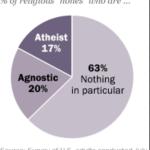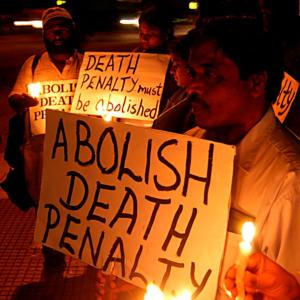
Understanding the Ethical Dilemma of the Death Penalty
The death penalty is wrong, both morally and ethically. The gravity of taking a human life as a form of punishment raises profound questions about the values our society upholds. As we delve into the arguments against capital punishment, it becomes evident that a society committed to justice and human rights cannot condone such a practice.
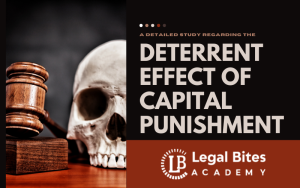
Death Penalty is Wrong Because it Doesn’t Reduce Serious Crime
Questionable deterrence efficacy means that the death penalty doesn’t prove efficient at reducing serious crime. While proponents argue that executing criminals serves as a warning to potential offenders, studies consistently fail to establish a clear correlation between capital punishment and reduced crime rates. States without the death penalty often boast comparable or lower crime rates than those practicing it, challenging the idea that the death penalty is an effective crime deterrent.
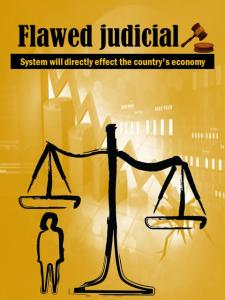
Flawed Legal System
The death penalty is wrong not only in its outcomes but also in its application. Our legal system, despite its best intentions, is fallible. Numerous cases have surfaced where individuals sentenced to death were later exonerated due to new evidence or flaws in the legal process. The irreversible nature of capital punishment leaves no room for correcting these errors, risking the execution of innocent lives.

Moral and Ethical Considerations
At its core, the death penalty raises significant moral and ethical concerns. Taking a life, even as a form of punishment, conflicts with the basic principles of respect for human dignity and the sanctity of life. As a society, we must question the ethical foundation of a system that mirrors the very crime it seeks to punish. Is the death penalty a just response, or does it undermine the values we claim to defend?
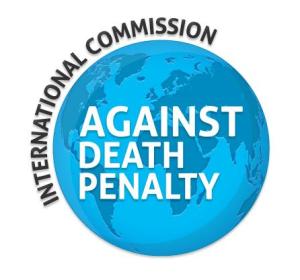
International Opposition and Human Rights to the Death Penalty
The global trend toward abolishing the death penalty underscores its questionable moral standing. A growing number of countries are recognizing the inherent flaws and ethical issues associated with capital punishment, leading to a global movement against its use. International human rights organizations, such as Amnesty International, vehemently condemn the death penalty, asserting that it violates the right to life and constitutes cruel, inhuman, or degrading treatment.
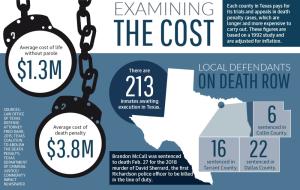
Economic Costs and Resources
Beyond the ethical and moral arguments, the death penalty is wrong from a practical standpoint. Maintaining a system that allows for capital punishment requires significant financial resources. Legal proceedings, appeals, and the cost of maintaining death row facilities impose a heavy burden on taxpayers. Redirecting these resources toward crime prevention, rehabilitation, and support for victims’ families may offer more constructive and humane alternatives.
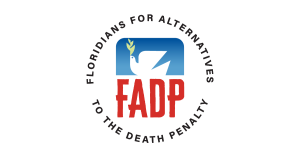
Alternatives to Capital Punishment
Rejecting the death penalty does not mean abandoning justice. Many argue that alternative forms of punishment, such as life imprisonment without parole, offer a more humane and just response to heinous crimes. Life imprisonment provides an opportunity for retribution, rehabilitation, and, if applicable, restitution, without resorting to the irreversible act of taking a life.

“It isn’t hard to kill a human being – it’s inhumane.”
Because of supply shortages, several states have legalized the use of nitrogen gas in capital punishment. Such was the case of inmate Kenneth Smith who was sentenced to death roughly 30 years ago for hiring someone to kill Elizabeth Sennett, a preacher’s wife. This was his second execution: the first one failed. As a society, we must engage in a thoughtful dialogue about the values we uphold and the kind of justice system we want to promote. Abandoning the death penalty in favor of more humane alternatives not only aligns with the principles of justice and human rights but also reflects our collective commitment to a more compassionate and equitable society. It isn’t hard to kill a human being – it’s just inhumane.



